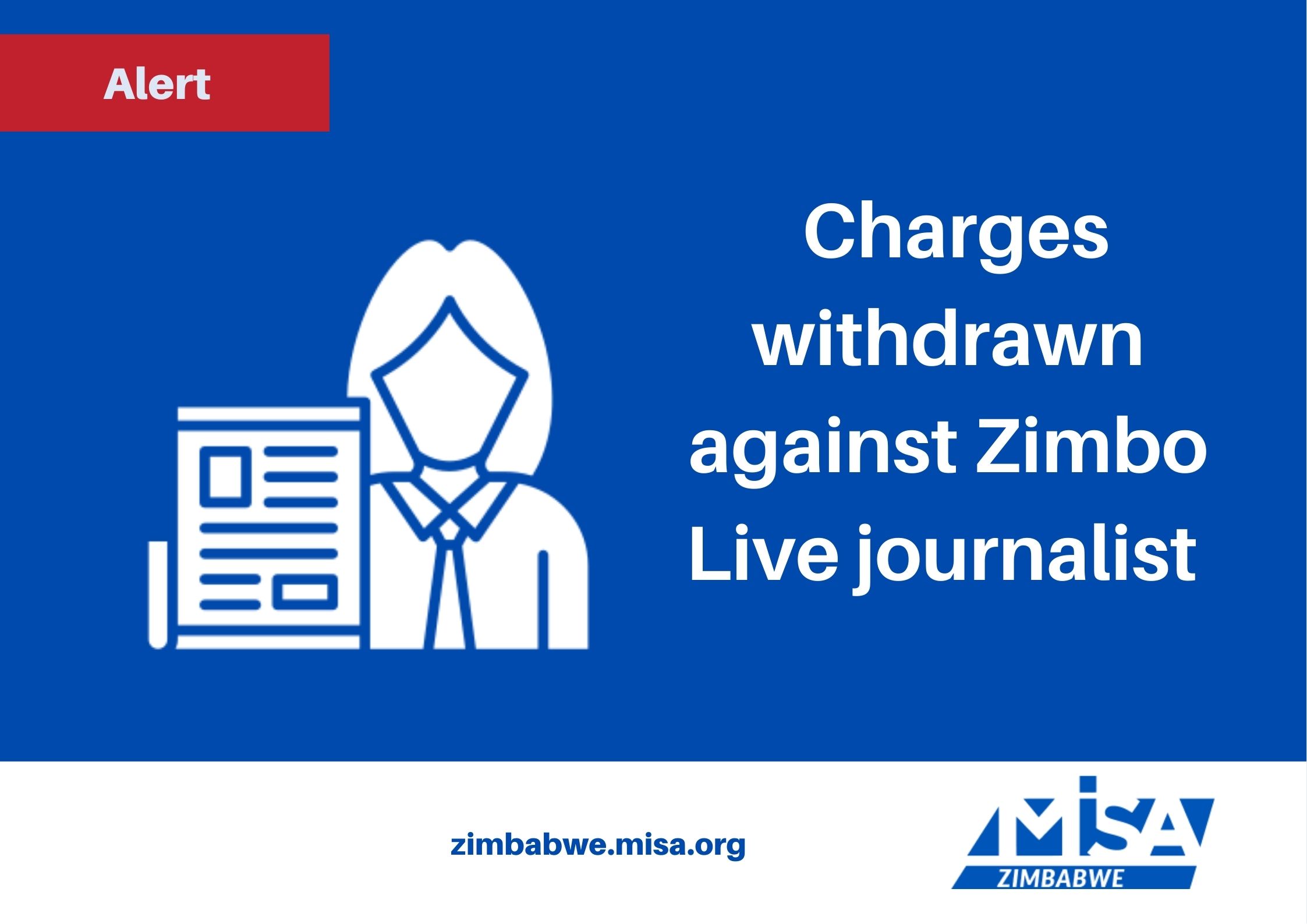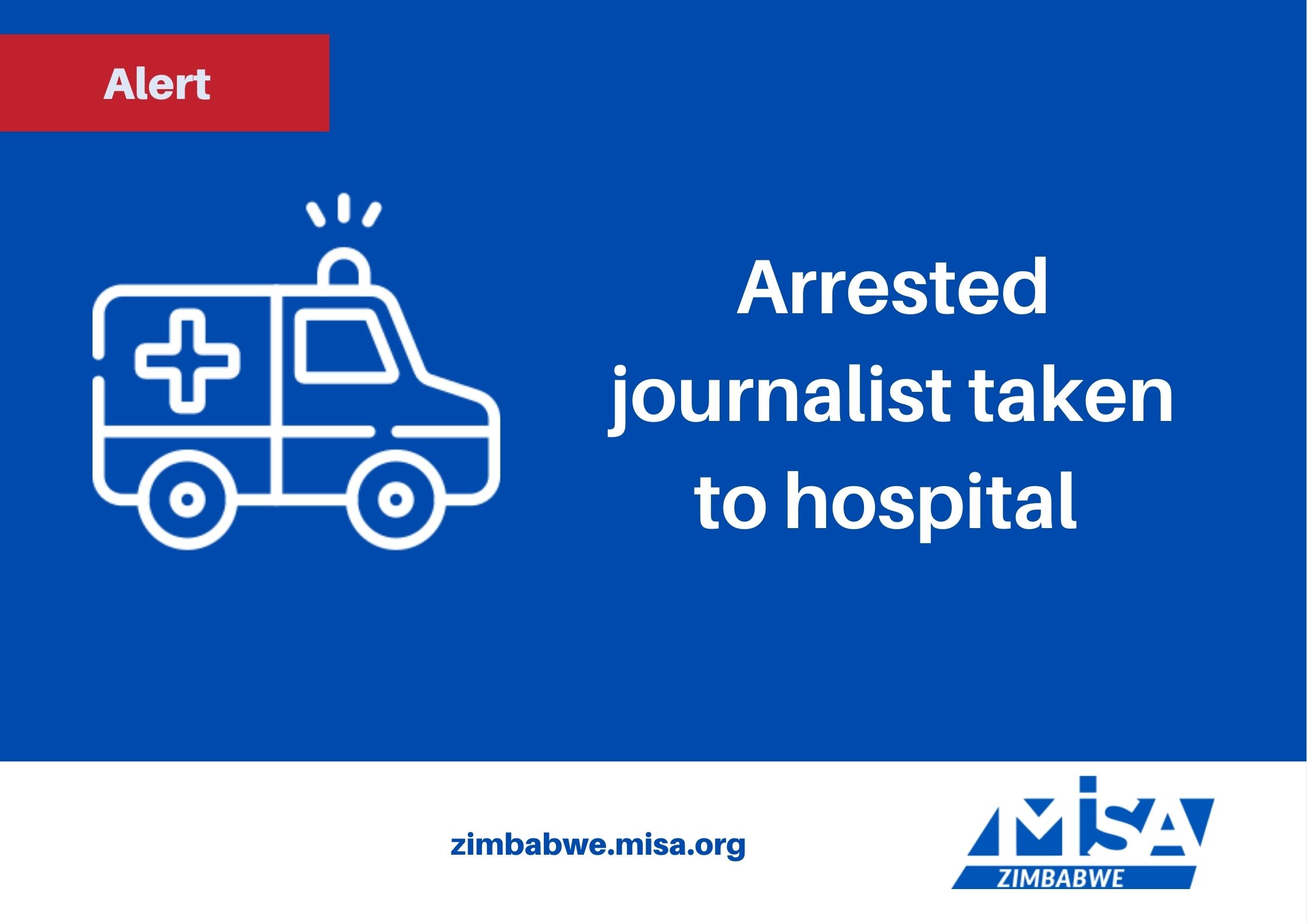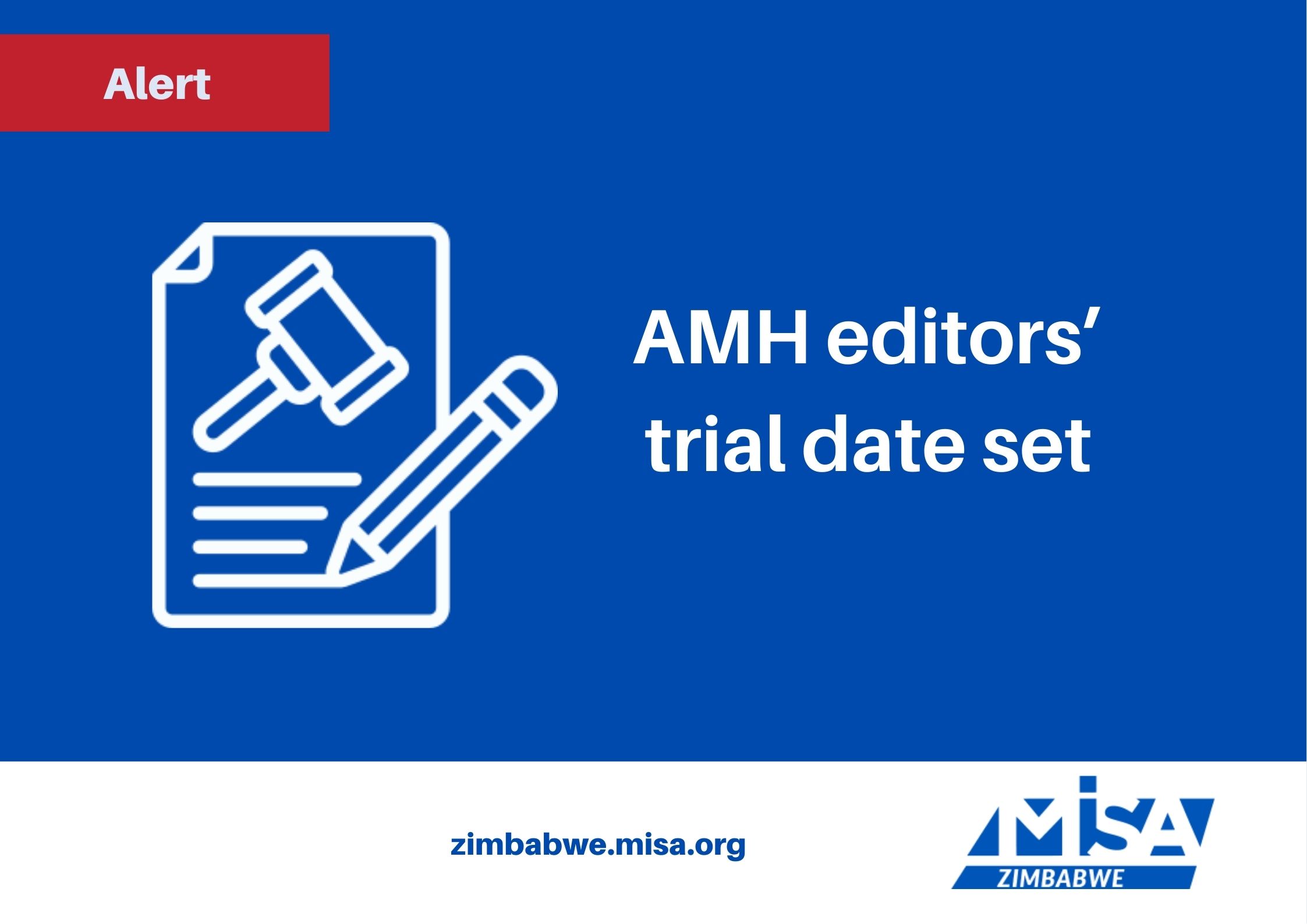The African Union should repurpose and redefine itself as a relevant and responsive actor, challenging the digital hegemony and market dominance of technological platforms in Africa.
The call was made by MISA Regional Director Dr Tabani Moyo during his panel submissions at the ongoing Forum on Internet Freedom Africa (FIFAfrica 2025), currently taking place in Windhoek, Namibia.
This arises in response to rising calls for data sovereignty and the need to tackle digital coloniality.
“In terms of long-term strategies to the quest to mitigate the dominance of the tech platforms, I submit that the African Union is repositioned and repurposed to be fit for the digital economy ….
“The AU, formerly the OAU, was highly effective in its foundational role of liquidating colonialism across the continent but struggled to find its fit and purpose in the fourth industrial revolution and the broader digital economy.”
Dr Moyo highlighted that while this may be a daunting task to achieve the objective, the continent will be at the mercy of tech platforms if it fails to repurpose the AU to ensure the digital economy is part of its strategic pillars of existence.
Repurposing will build and galvanise a collective voice for the people of Africa to effectively regulate the tech platforms, thereby preserving indigenous knowledge systems and data sovereignty.
“It will be frustrating because the system is slow, but we don’t say it’s not working and then abandon it. We must remain methodical and push through the realisation of our objectives to build a collective voice and mechanisms to hold the tech platforms accountable,” said Dr Moyo.
Africa has a population of about 1.5 billion, with a significant percentage comprising the youth, which offers a significant voice on socio-political and economic issues.
“The cases initiated in Nigeria, South Africa, and Senegal against these platforms will gain strategic traction if that population dividend backs them, compelling the tech platforms to behave rather than continuing their arrogance and condescending behaviours, which border on escalating the wave of digital colonialism,” said Dr Moyo
He argued that the African Union prioritises the security architecture through the Peace and Security Commission, with member states deploying security personnel for peacekeeping, but the digital economy is not given the same prominence.
Dr Moyo said the AU has very progressive blueprints and special mechanisms and institutions, such as the African Commission on Human and Peoples’ Rights (ACHPR) and the African Court, among others.
The AU should build on these mechanisms and institutions to achieve the objectives of digital sovereignty, rather than remaining at the mercy of these platforms.
He noted that there is no single country that can achieve digital sovereignty and independence alone, saying this requires strategic cooperation, hence the need to repurpose the African Union and its Regional and Economic Communities (RECs)
Dr Moyo was part of the four-member panel that facilitated discussions on the theme: Digital Hegemony, Market Dominance, and Big Tech in Africa.
Other panellists included Ompha Tshamano, Media Leadership Think Tank, GIBS; Janet Gbam, Article 19 Senegal and West Africa; and Mercy Mutemi, of The Oversight Lab.
The session examined the growing influence of tech platforms across the continent and their impact on media sustainability, labour rights, digital sovereignty, and continental and regional governance.
As global platforms continue to shape the continent’s digital landscape, nations face a range of challenges, including market monopolies, cultural erosion, labour exploitation, and data misuse.
The session aimed to bring together experts from the media, civil society, academia, and policymakers to explore how regional solidarity and coordinated regulation can counter digital hegemony and promote a more equitable digital future.
MISA Regional Communique













